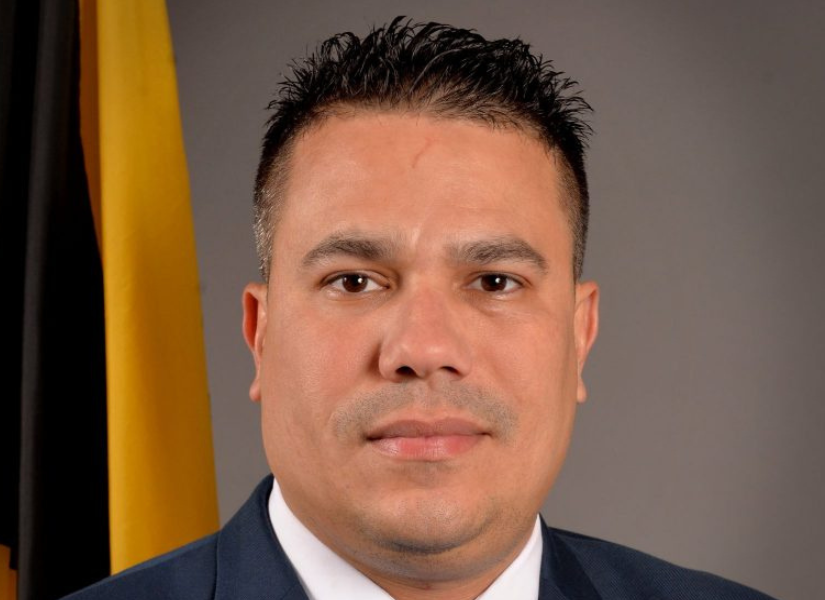Latest News
Forests are more than trees, they are an interdependent community of plants, animals and other organisms. Approximately 80 percent of terrestrial species make their home in the forest. From the mangrove forests along the coasts to the forests on the hillside, multiple forms of life are supported by these natural wonders, making them the most biologically diverse ecosystems on land.
In Jamaica, our forests are habitats for many faunal species including birds, bats, snails, butterflies and lizards. It is also home to many endangered and endemic species including the Jamaican Boa, the American Crocodile, the Jamaican Iguana and the Jamaican Coney. These animals depend on our forests for a safe space where they can roam, feed and reproduce without the threat of predators. Maintaining high quality forests is important as it provides the conditions for our plants and animals to thrive.
The increase in climate change related risks has made it important for Jamaicans to protect and increase the island’s forest cover. It is projected that with climate change there will be greater variations in weather patterns, meaning we can expect longer, hotter dry seasons, hotter days and nights. There is also likely to be shorter rainy seasons with very intense rainfall events, increasing the risk of landslides, soil erosion and flooding.
Trees and good quality forests play an important role in reducing the negative impacts of climate change and are a key cost-effective solution to tackle these challenges.
Healthy forests absorb greenhouse gases such as carbon from the air around us and store them in the various components of the trees which are above and below ground. This lessens the concentration of the gases in the atmosphere, which essentially reduces the effects of climate change.
Another vital ecosystem service provided by trees is the reduction in land degradation. Their root systems help to hold the soil together, which prevents it from washing away. This serves to stabilize slopes and reduces the number and impact of landslides. In urban communities, trees act as a defense against strong winds and rains, often taking the brunt of storms, and reducing the negative impact of this force of nature on infrastructure. Mangrove forests also play a vital role in protecting the coastline and coastal communities. These forests provide a buffer from the force of wind and waves, thereby reducing the risk of shoreline erosion.
Healthy forest ecosystems and rich biodiversity are fundamental to the maintenance of a quality life. We must play our part in preserving our forests and taking care of our trees, so that our forest ecosystems can thrive and continue to support us in this our “land of wood and water”.


